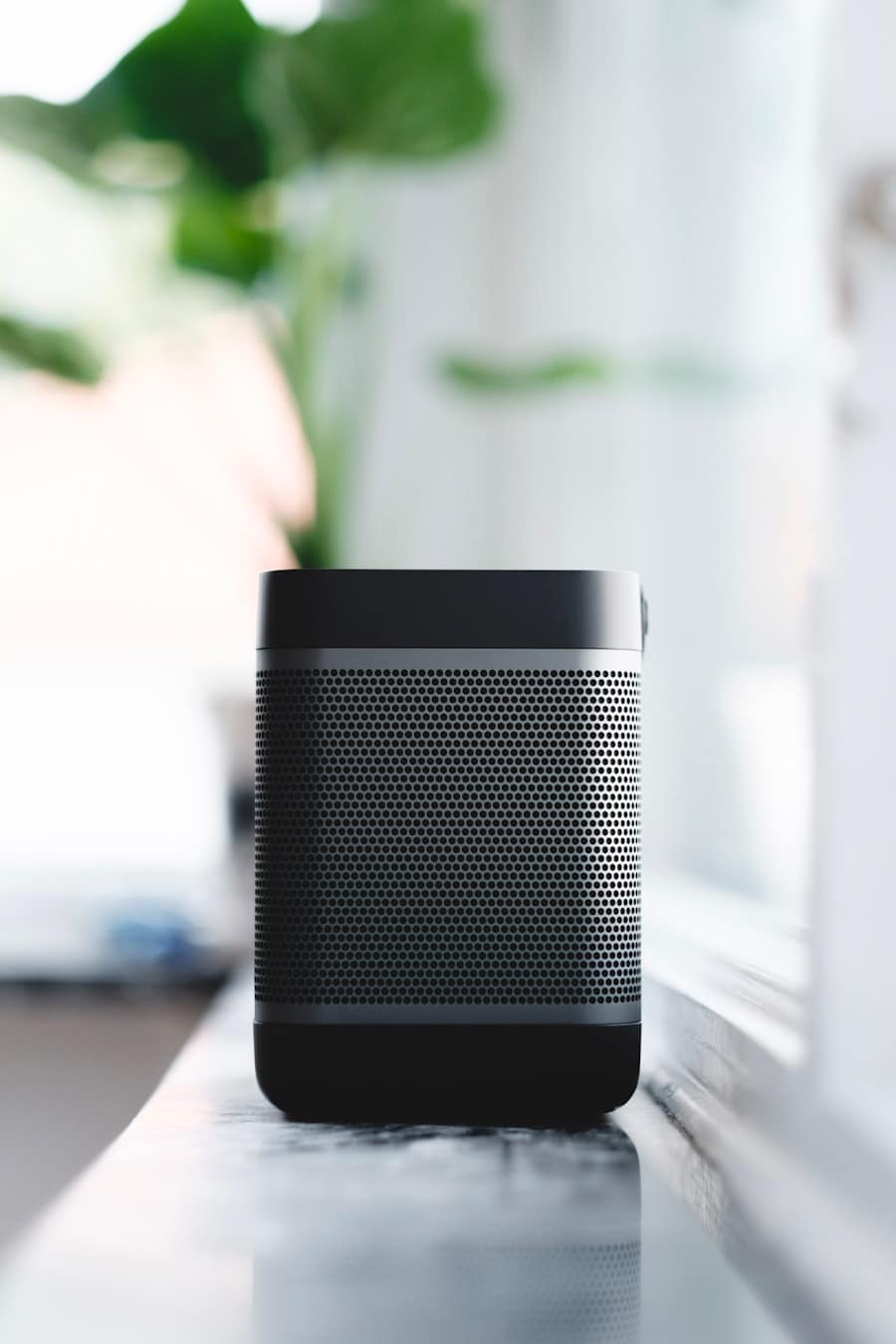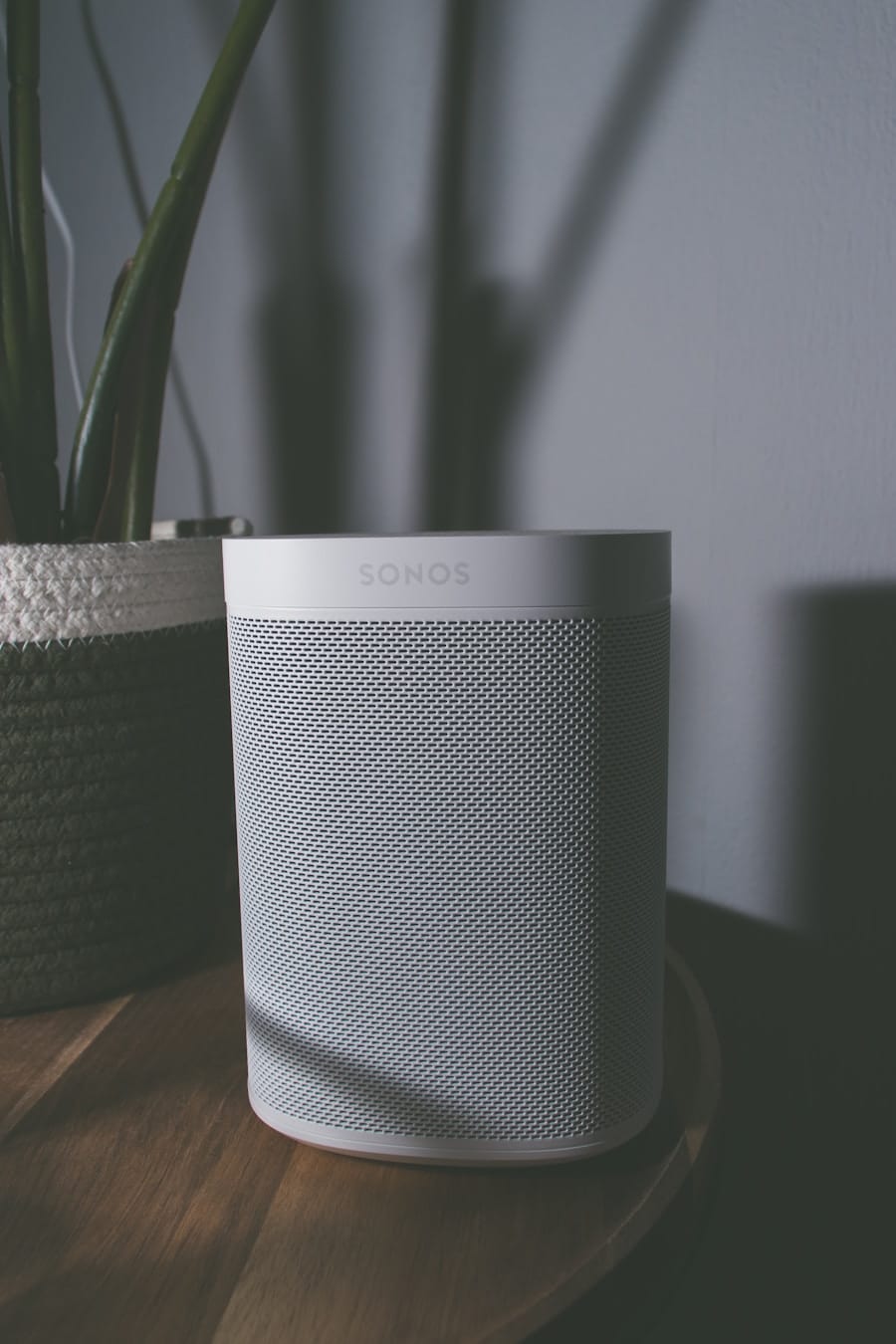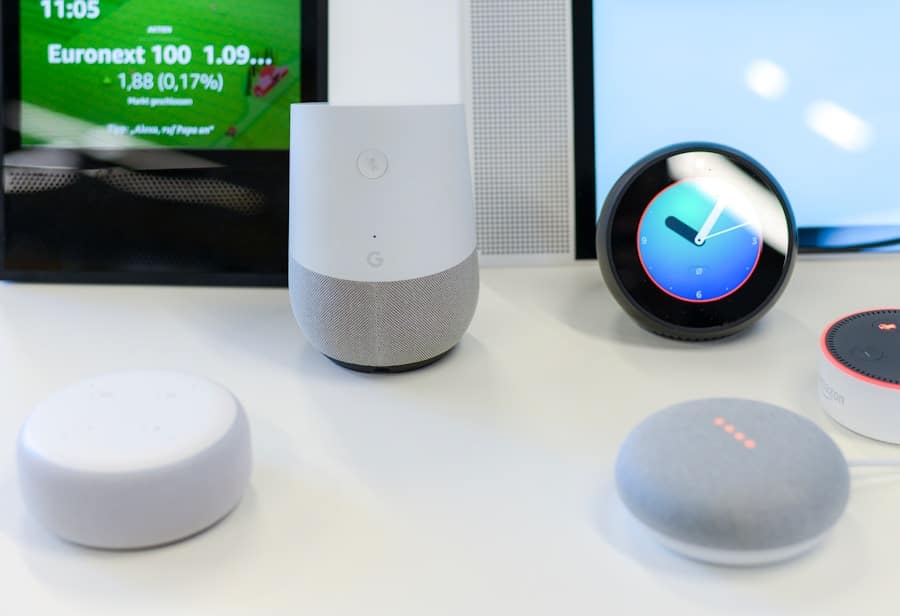The emergence of AI-enhanced smart speakers has revolutionized the way we interact with technology in our homes. Initially introduced as simple audio devices capable of playing music, these speakers have evolved into sophisticated hubs of information and control. The integration of artificial intelligence has enabled them to understand natural language, respond to voice commands, and learn from user interactions.
This evolution has been driven by advancements in machine learning algorithms, natural language processing, and voice recognition technologies. Companies like Amazon, Google, and Apple have led the charge, each introducing their own versions of smart speakers that cater to a variety of consumer needs. The popularity of these devices can be attributed to their convenience and versatility.
Users can perform a multitude of tasks simply by speaking to their smart speakers, from setting reminders and checking the weather to controlling other smart home devices. The ability to integrate with various applications and services has made these speakers indispensable in many households. For instance, Amazon’s Alexa can connect with thousands of third-party applications, allowing users to order groceries, play games, or even control their home security systems.
This seamless integration has not only enhanced user experience but has also paved the way for a new era of smart living.
Key Takeaways
- AI-enhanced smart speakers are becoming increasingly popular due to their ability to integrate with other smart home devices and provide voice-controlled virtual assistants.
- Integrating smart home devices with AI-enhanced smart speakers allows for seamless control and management of various household functions such as lighting, temperature, and security.
- Voice-controlled virtual assistants are poised to revolutionize household management by providing convenient and hands-free control over various tasks and activities.
- Security and privacy concerns are important considerations when using AI-enhanced smart speakers, as they have the potential to collect and store sensitive personal information.
- AI-enhanced smart speakers have the potential to transform education and entertainment by providing interactive and personalized experiences for users.
Integrating Smart Home Devices with AI-Enhanced Smart Speakers
Streamlined Home Management
Smart speakers serve as a central control unit for various connected devices, allowing users to manage their home environment through simple voice commands. For example, a user can instruct their smart speaker to dim the lights, adjust the thermostat, or lock the doors without needing to physically interact with each device.
Seamless Interoperability
This level of integration simplifies daily routines and enhances the overall user experience. Moreover, the interoperability between different brands and devices has improved significantly over the years. Protocols such as Zigbee and Z-Wave enable smart speakers to communicate with a wide range of devices, regardless of the manufacturer.
Unified Smart Home Experience
This means that a Google Nest speaker can control Philips Hue lights or a Ring doorbell, creating a unified smart home experience. The ability to create routines or automation sequences further amplifies this integration; for instance, a user can set up a morning routine that turns on the coffee maker, plays the news, and adjusts the thermostat—all triggered by a single voice command. This interconnectedness not only streamlines household management but also enhances energy efficiency and security.
Voice-Controlled Virtual Assistants: The Future of Household Management

Voice-controlled virtual assistants are at the forefront of transforming household management into a more intuitive and efficient process. These assistants, embedded within AI-enhanced smart speakers, are designed to understand context and respond intelligently to user queries. Unlike traditional interfaces that require manual input, voice-controlled systems allow for hands-free operation, making them particularly useful in busy households where multitasking is common.
For example, while cooking dinner, a user can ask their virtual assistant for recipe suggestions or cooking times without needing to pause their activities. The future of household management is likely to see even greater advancements in this area. As AI continues to evolve, virtual assistants will become more adept at understanding complex commands and managing multiple tasks simultaneously.
Imagine a scenario where a user can say, “Prepare my home for movie night,” and the assistant automatically dims the lights, sets the thermostat to a comfortable temperature, and queues up a favorite film on the streaming service. Such capabilities will not only enhance convenience but also create personalized experiences tailored to individual preferences.
Security and Privacy Concerns with AI-Enhanced Smart Speakers
Despite their many advantages, AI-enhanced smart speakers raise significant security and privacy concerns that cannot be overlooked. These devices are always listening for wake words, which means they are constantly processing audio data. This raises questions about how much information is being collected and how it is being used.
Instances of accidental recordings or unauthorized access have been reported, leading to fears that sensitive conversations could be inadvertently captured and stored by companies for analysis or marketing purposes. To address these concerns, manufacturers have implemented various security measures, such as encryption and user-controlled privacy settings. Users can often review their voice recordings and delete them if desired.
However, the effectiveness of these measures is still debated among privacy advocates. The challenge lies in balancing convenience with security; while users may appreciate the functionality offered by these devices, they must also be aware of the potential risks involved. As consumers become more informed about data privacy issues, companies will need to prioritize transparency and user control over personal information to maintain trust.
AI-Enhanced Smart Speakers in Education and Entertainment
AI-enhanced smart speakers have found significant applications in both education and entertainment sectors, transforming how information is accessed and consumed. In educational settings, these devices can serve as interactive learning tools that engage students in new ways. For instance, teachers can use smart speakers to facilitate quizzes or provide instant answers to student inquiries during lessons.
The ability to access vast amounts of information through voice commands allows for a more dynamic learning environment where students can explore topics in real-time. In terms of entertainment, smart speakers have redefined how we consume media. Users can request music playlists, listen to audiobooks, or even enjoy interactive storytelling experiences simply by using their voice.
Streaming services have integrated with smart speakers to allow for seamless playback control; users can ask their device to play specific songs or genres without needing to navigate through apps manually. Furthermore, the rise of podcasts has been significantly bolstered by smart speakers, as users can easily discover new content through voice commands. This shift towards voice-activated entertainment reflects broader trends in consumer behavior that favor convenience and accessibility.
The Impact of AI-Enhanced Smart Speakers on Daily Living

The impact of AI-enhanced smart speakers on daily living is profound and multifaceted. These devices have become integral to many households, influencing everything from how we manage our schedules to how we interact with our environments. The convenience offered by voice-activated technology allows users to streamline daily tasks such as setting alarms, creating shopping lists, or even ordering food—all without lifting a finger.
This hands-free approach not only saves time but also enhances productivity by allowing individuals to focus on other activities while managing their household needs. Moreover, the presence of smart speakers has fostered a shift in social dynamics within homes. Families are increasingly relying on these devices for shared activities such as playing games or listening to music together.
The communal aspect of using a smart speaker can enhance family bonding experiences while also introducing younger generations to technology in an engaging manner. However, this reliance on technology also raises questions about interpersonal communication; as families become accustomed to interacting with devices rather than each other, there may be implications for social skills development among children.
The Role of AI-Enhanced Smart Speakers in Health and Wellness
AI-enhanced smart speakers are increasingly being recognized for their potential role in promoting health and wellness. These devices can assist users in various ways, from providing reminders for medication schedules to offering guided meditation sessions aimed at reducing stress levels. For individuals managing chronic conditions or those seeking to improve their overall well-being, smart speakers can serve as valuable tools that encourage healthy habits through regular prompts and personalized recommendations.
Additionally, some smart speakers are equipped with health monitoring capabilities that allow users to track fitness metrics or receive updates on their health goals. Integration with wearable devices enables users to ask their smart speaker about their daily activity levels or heart rate statistics effortlessly.
As technology continues to advance, we can expect even more innovative applications that leverage AI-enhanced smart speakers in the realm of health and wellness.
The Evolution of AI-Enhanced Smart Speakers: What the Future Holds
The evolution of AI-enhanced smart speakers is an ongoing journey marked by rapid technological advancements and shifting consumer expectations. As artificial intelligence continues to improve, we can anticipate smarter devices capable of understanding context better than ever before. Future iterations may incorporate advanced emotional recognition capabilities that allow them to respond not just based on commands but also on the emotional state of users—creating more empathetic interactions.
Moreover, as the Internet of Things (IoT) expands further into our lives, we may see smart speakers becoming even more central to home automation ecosystems. Future developments could include enhanced integration with emerging technologies such as augmented reality (AR) or virtual reality (VR), allowing users to interact with their environments in entirely new ways through voice commands combined with visual interfaces. As these devices continue to evolve, they will likely play an increasingly pivotal role in shaping how we live, work, and connect with one another in an ever-more digital world.
In a related article, How To Geek discusses the rise of online technology magazines and their impact on the tech industry. These magazines provide valuable insights and information on the latest trends and innovations in the world of technology. As AI-enhanced smart speakers continue to evolve and become household command centers, staying informed through resources like online technology magazines becomes increasingly important.
FAQs
What are AI-enhanced smart speakers?
AI-enhanced smart speakers are devices that use artificial intelligence to understand and respond to voice commands. They can perform a variety of tasks such as playing music, providing weather updates, setting reminders, and controlling smart home devices.
How do AI-enhanced smart speakers work?
AI-enhanced smart speakers use natural language processing and machine learning algorithms to understand and interpret voice commands. They are constantly learning and improving their ability to understand and respond to human speech.
What are some common tasks that AI-enhanced smart speakers can perform?
AI-enhanced smart speakers can perform tasks such as playing music, providing news and weather updates, setting alarms and reminders, answering questions, controlling smart home devices, and even making phone calls.
How are AI-enhanced smart speakers becoming household command centers?
AI-enhanced smart speakers are becoming household command centers by integrating with a wide range of smart home devices and services. They can control lights, thermostats, security cameras, and more, making them a central hub for managing various aspects of the home.
What are some potential privacy concerns with AI-enhanced smart speakers?
Privacy concerns with AI-enhanced smart speakers include the potential for always-on listening, the collection and storage of personal data, and the risk of unauthorized access to sensitive information. It’s important for users to understand and manage their privacy settings when using these devices.

